The Role of AI in Driving Technological Innovation
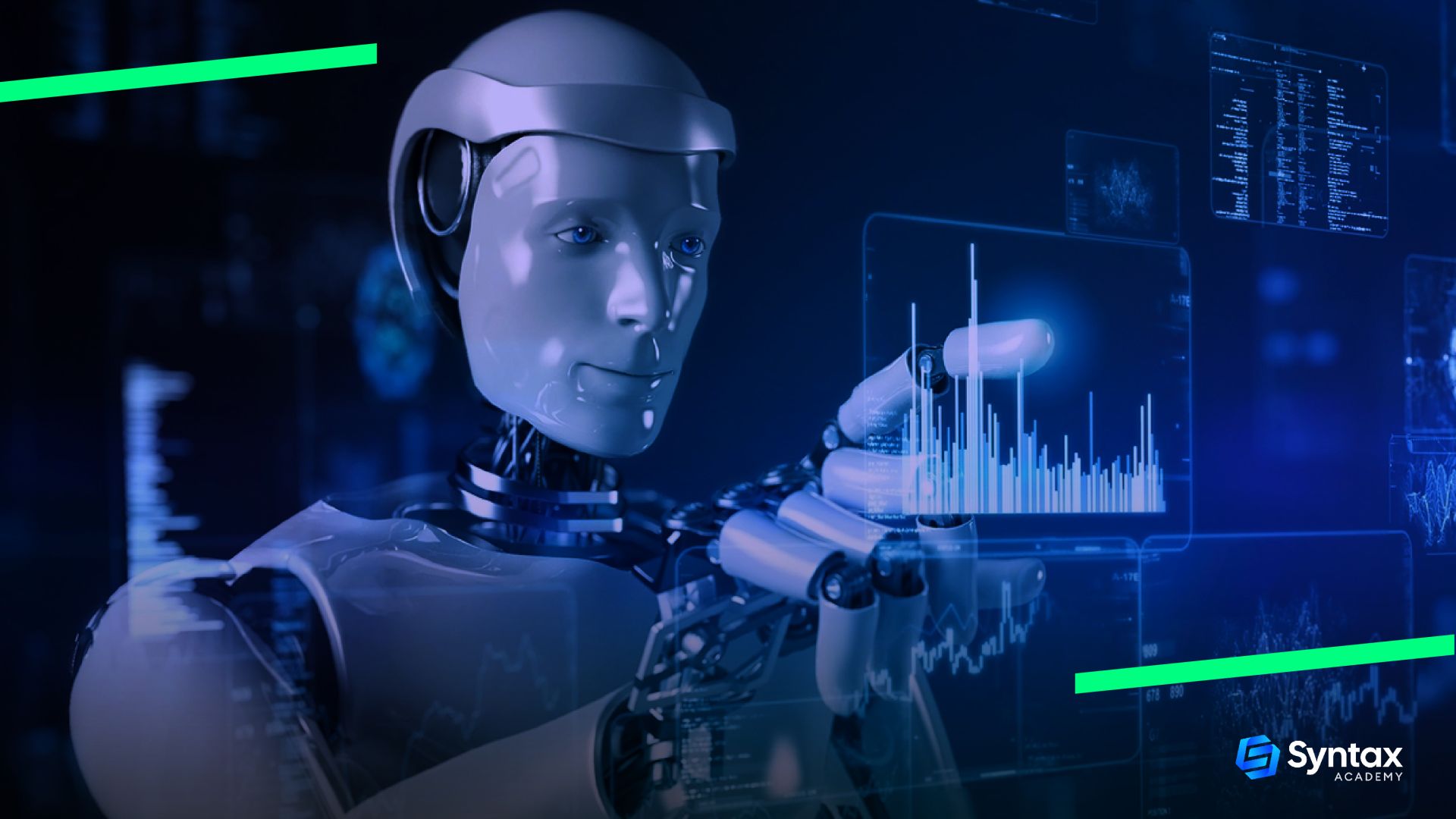
In this blog, we’ll explore what AI is, how it’s driving technological innovation across various industries, and the benefits and challenges that come with it.
Table of Contents
-
1. What Exactly is AI?
-
2. What Do We Mean by Technological Innovation?
-
3. How AI is Driving Innovation
-
4. The Good Stuff: What AI Brings to the Table
-
5. The Bumps in the Road: Challenges and Limitations of AI
-
6. Where Do We Go From Here?
1. What Exactly is AI?
- Machine Learning: Think of this as teaching machines to learn from experience—like how we learn from practice.
- Neural Networks: These are inspired by the human brain and help machines recognize complex patterns, kind of like when we recognize faces in a crowd.
- Natural Language Processing (NLP): This lets machines understand and respond to human language, making those voice assistants on your phone possible.
- Robotics: AI helps physical robots think and act on their own, which is useful in everything from manufacturing to exploring Mars.
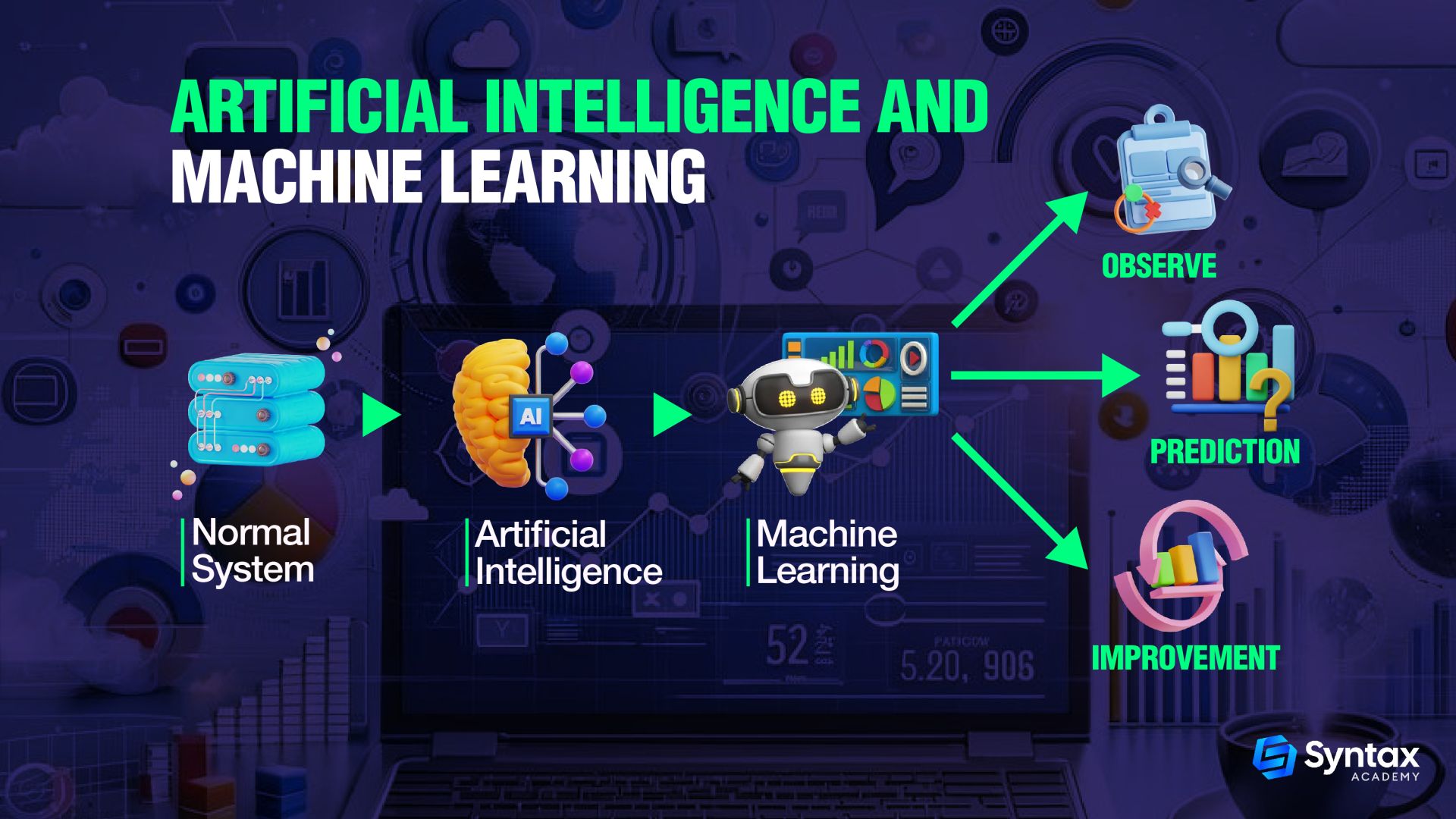
2. What Do We Mean by Technological Innovation?
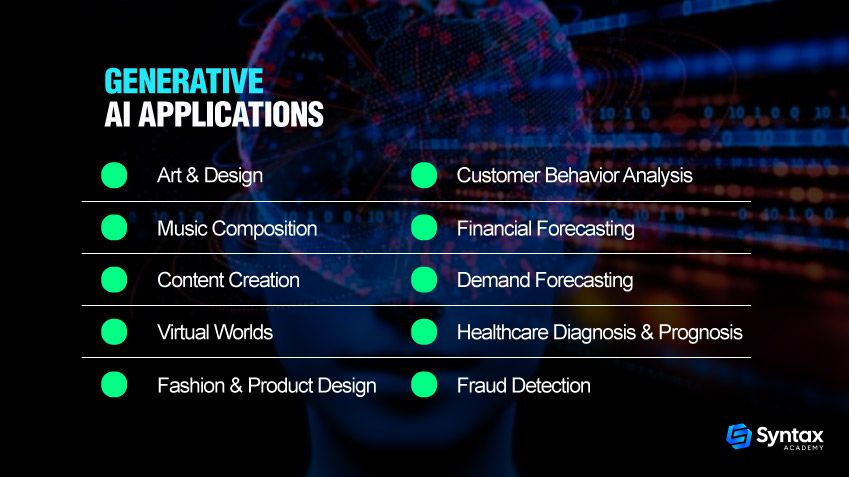
3. How AI is Driving Innovation
AI can sift through mountains of data in the blink of an eye, finding patterns that humans might miss. For businesses, this means smarter decisions based on real insights. It’s like having a superpowered detective that never sleeps.
Example: Retailers use AI to analyze customer behavior, so they know exactly what to stock and when.
You know those mundane tasks that no one really wants to do? AI can take care of those. By automating these jobs, people can focus on the more creative, strategic things.
Example: In customer service, AI chatbots handle basic questions, freeing up humans for more complex issues.
AI isn't just about crunching numbers—it can actually offer suggestions. AI can process a ton of information and offer up recommendations, which makes decision-making faster and more accurate.
Example: In healthcare, AI helps doctors by suggesting potential diagnoses based on patient data.
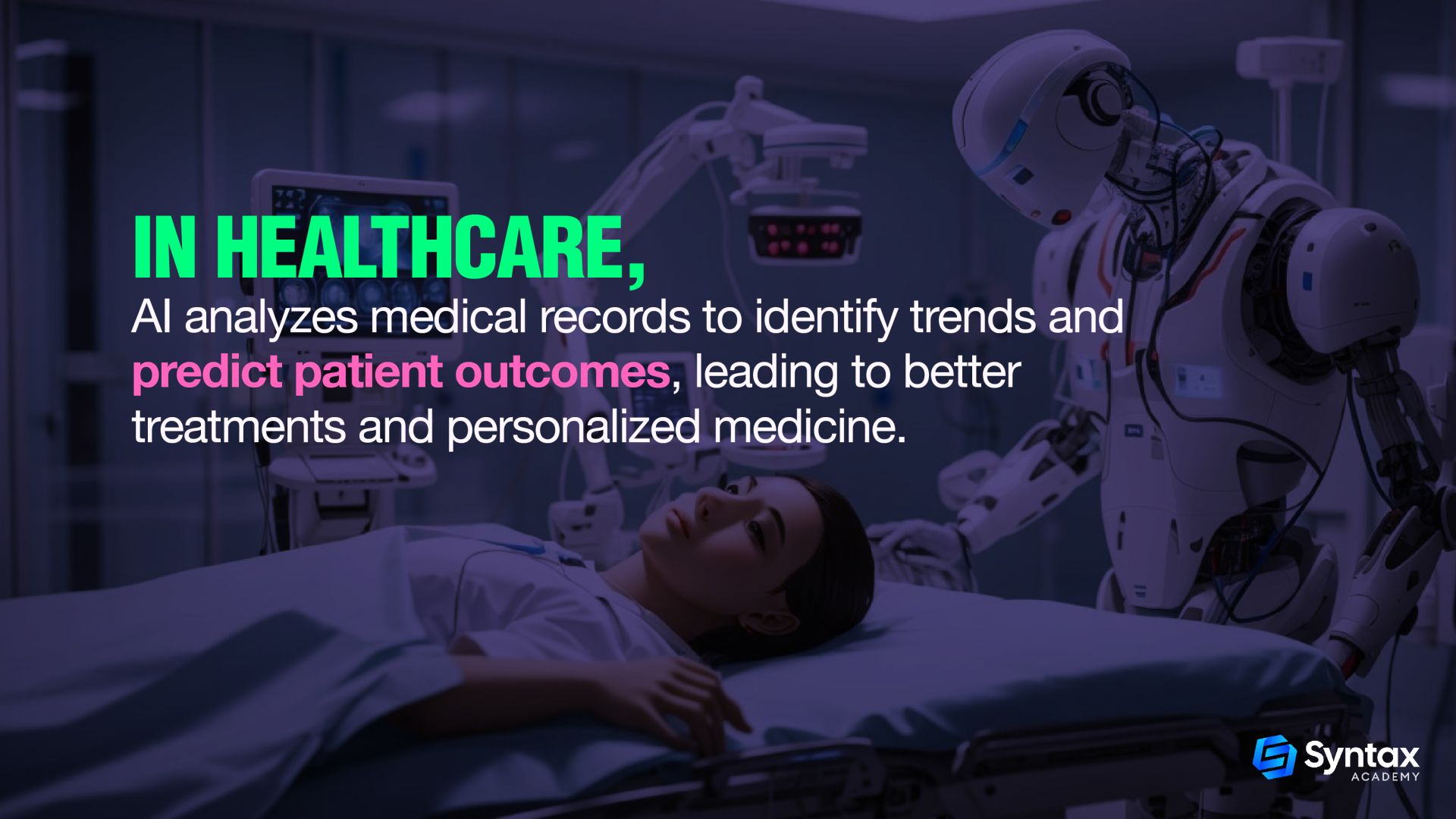
AI isn’t just making old industries better; it’s also helping create brand-new ones. Think self-driving cars, smart cities, and robots that can perform surgeries.
Example: AI is behind autonomous vehicles, which are set to revolutionize how we get around.
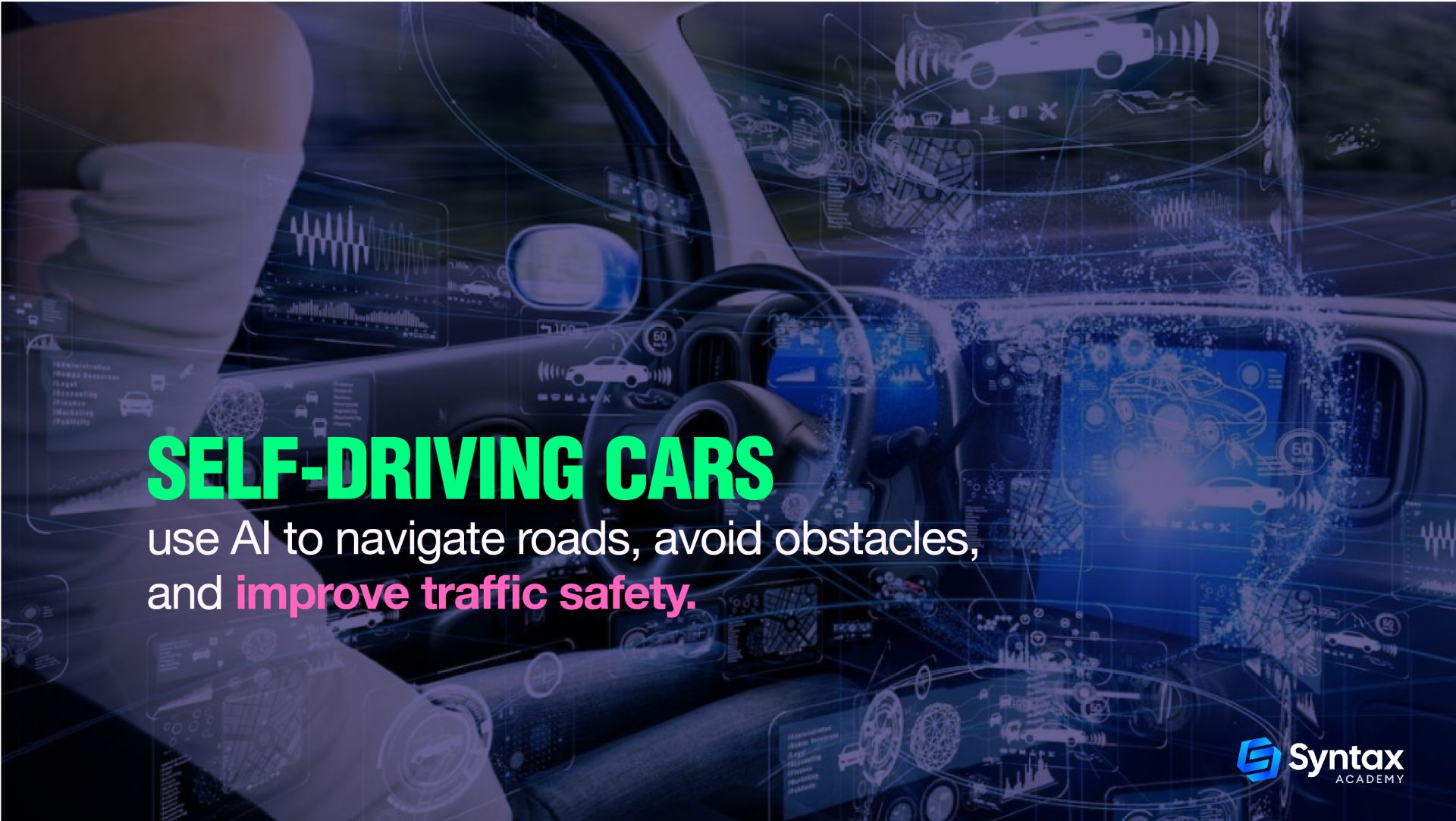
AI isn’t about replacing humans; it’s about working alongside us. With AI handling the heavy lifting, we can be more creative and efficient.
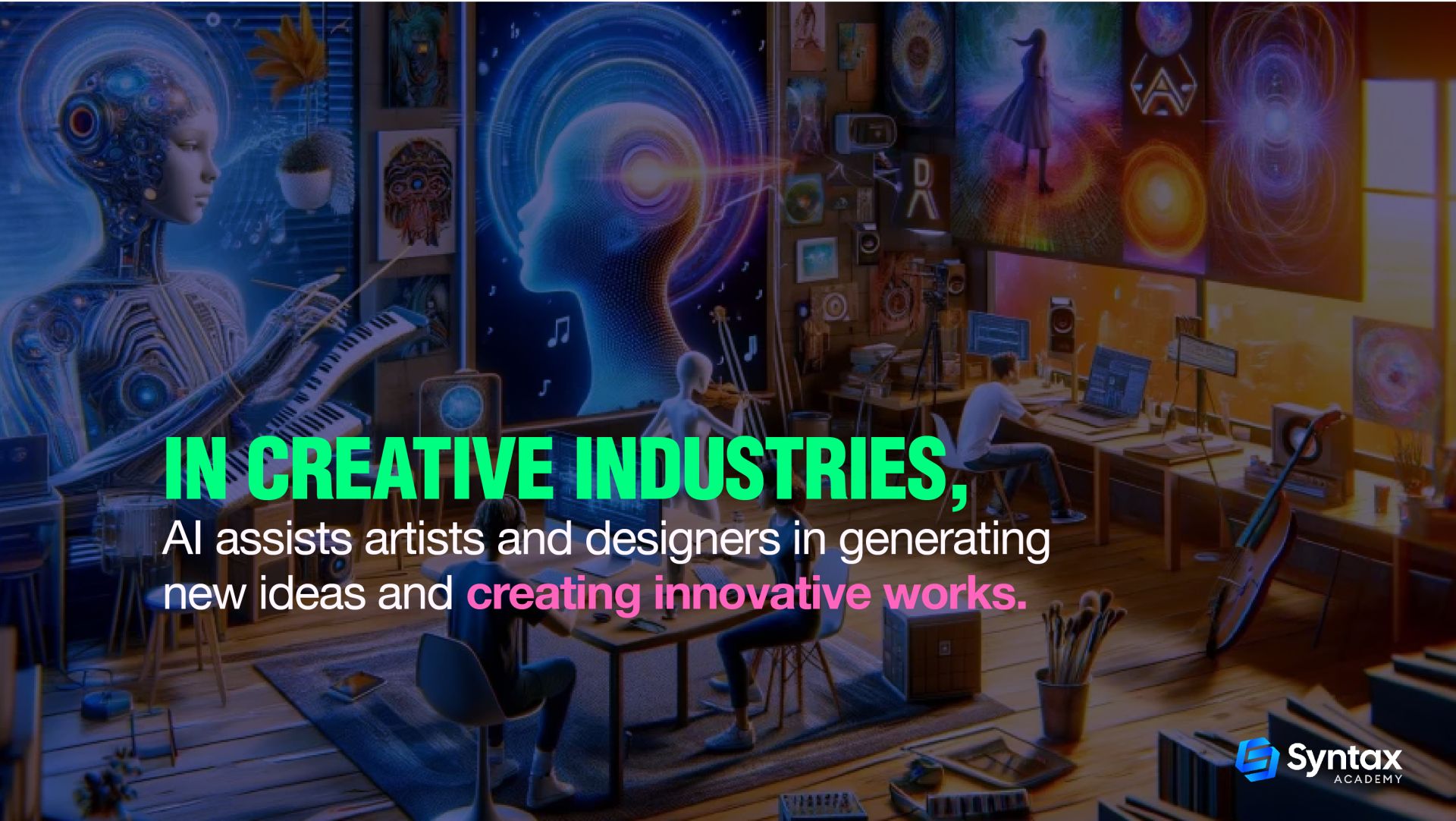
4. The Good Stuff: What AI Brings to the Table
AI can handle routine tasks at lightning speed, which means industries can get more done, faster.
Example: In farming, AI-powered drones monitor crop health, making sure resources are used more effectively.
Because AI systems are so good at following instructions and learning from data, they can be incredibly precise, reducing mistakes.
Example: In healthcare, AI can analyze medical scans with incredible accuracy, sometimes even better than humans.
Since AI can streamline processes and reduce errors, it often ends up saving businesses a lot of money.
Example: In logistics, AI can figure out the best routes for deliveries, saving time and fuel costs.
5. The Bumps in the Road: Challenges and Limitations of AI
AI deals with a lot of data, which raises questions about privacy. There’s also the issue of bias—if the data AI learns from is biased, the decisions it makes will be too.
Example: Using AI for surveillance could lead to privacy concerns or misuse by authorities.
As AI takes over more tasks, some jobs might disappear, leading to the need for retraining and new skills.
Example: In factories, AI-driven robots can handle many tasks that used to require human labor.
Developing and implementing AI isn’t cheap. It requires a lot of computational power, which can be a big barrier for smaller companies.
Example: Training a cutting-edge AI model takes huge amounts of data and computing power, which doesn’t come cheap.
AI is only as good as the data it's trained on. If the data is incomplete or flawed, so are the results.
Example: In healthcare, if AI is trained on biased data, it could lead to misdiagnoses.
6. Where Do We Go From Here?
AI is transforming the world in ways we’re only just beginning to understand. It’s making industries smarter, work more efficient, and innovation faster. But like any powerful tool, we need to use it wisely. We have to address the ethical concerns, ensure it’s accessible to everyone, and make sure that humans are always part of the equation. If we can do that, the future with AI looks bright.
If you're curious about AI and want to dive deeper into this exciting field, check out the courses at Syntax Academy. Whether you're a beginner or looking to sharpen your skills, there's something for everyone to stay ahead in the AI-driven world.
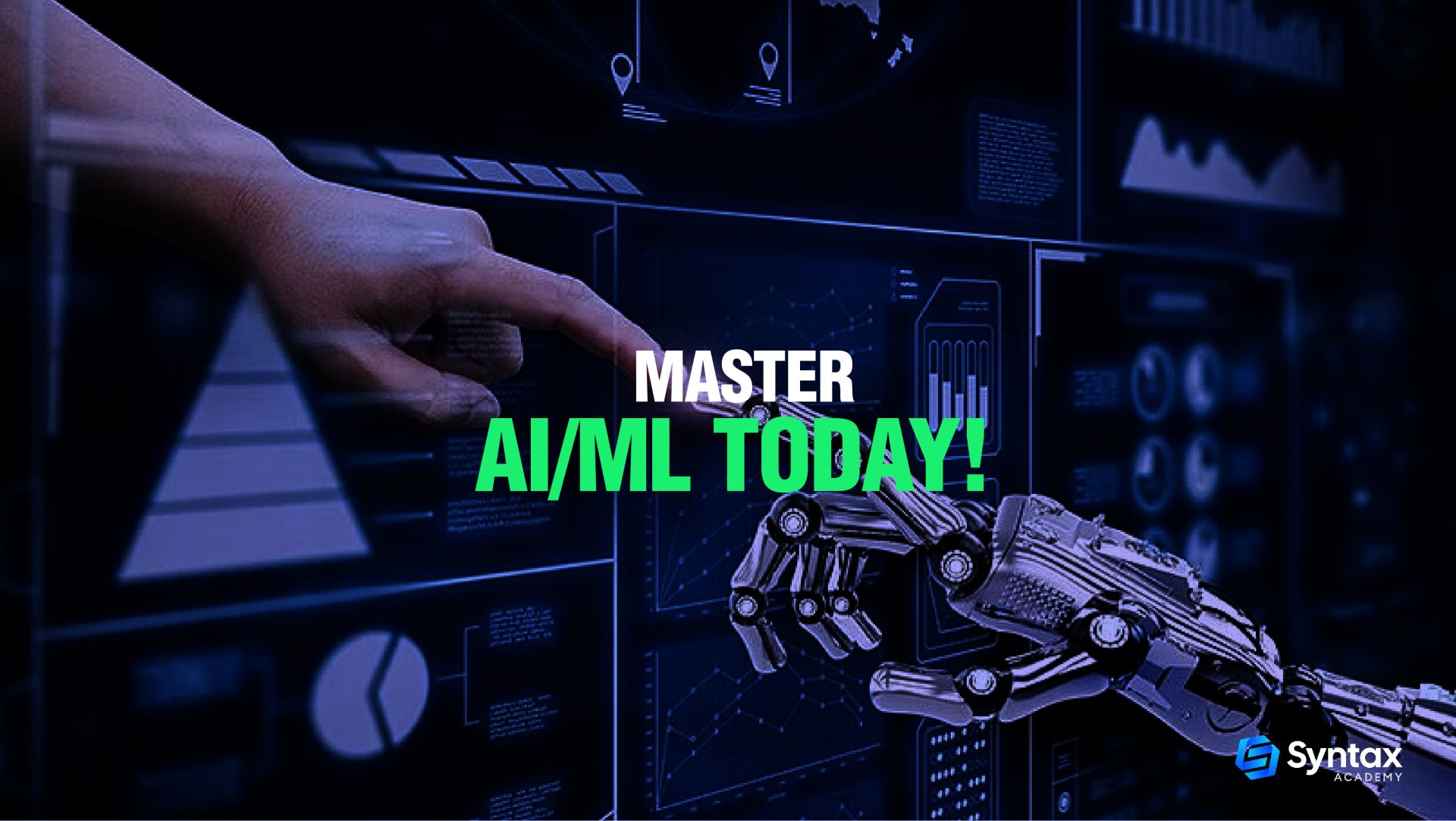
Share with your community!
Related Article
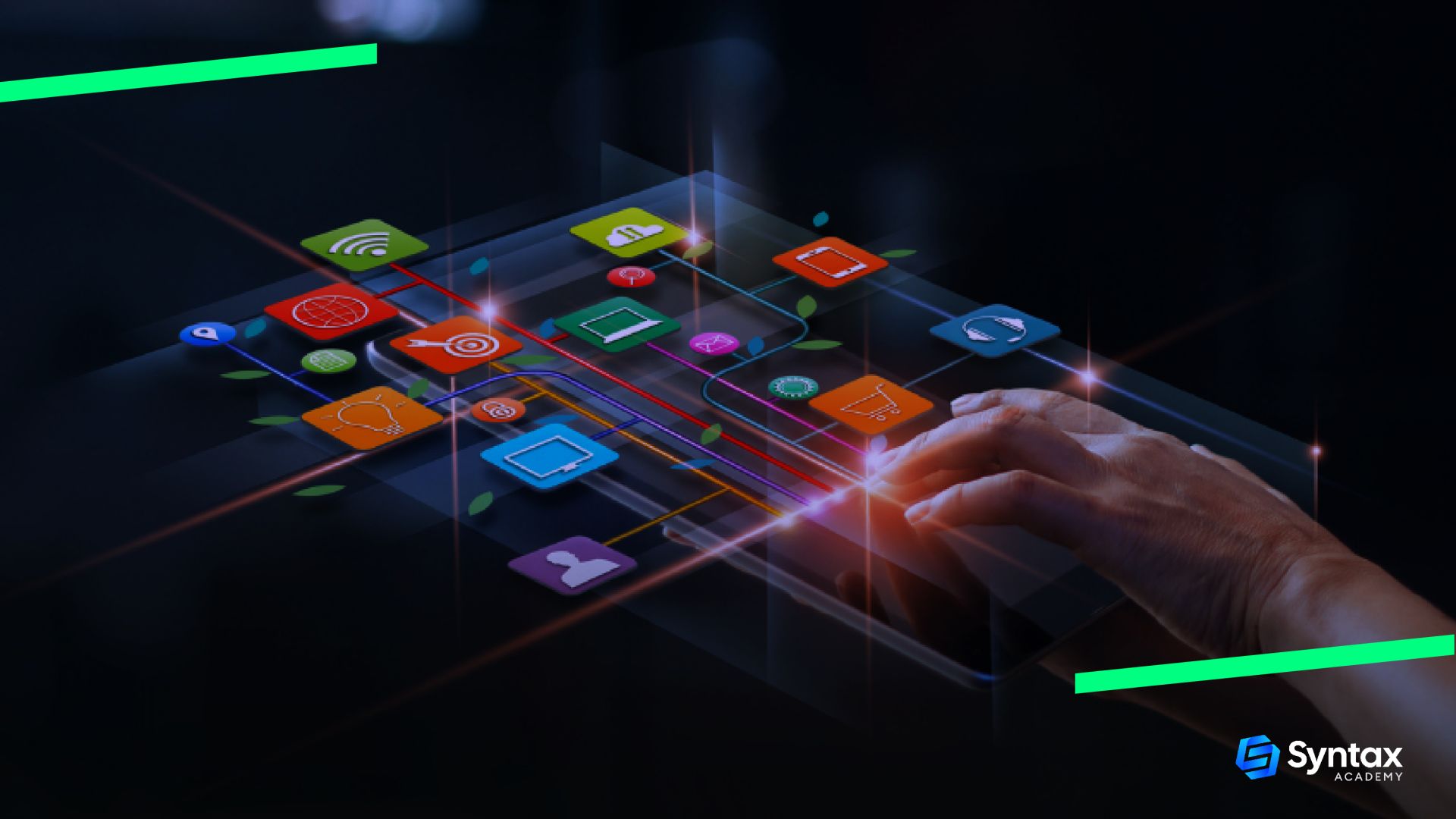
Digital Marketing
9 Digital Marketing Trends That Will Dominate in 2024
By: Martha James
Ready to see where the future of marketing is headed? 2024 is bringing a wave of digital trends that are set to shake things up, and you don’t want to miss out.In this blog, we'll dive into the top digital marketing trends that are making waves this year—from AI advancements and hyper-personalization to the rise of NFTs and video content. Get ready to discover the strategies that will help you stay ahead of the curve.
Read More
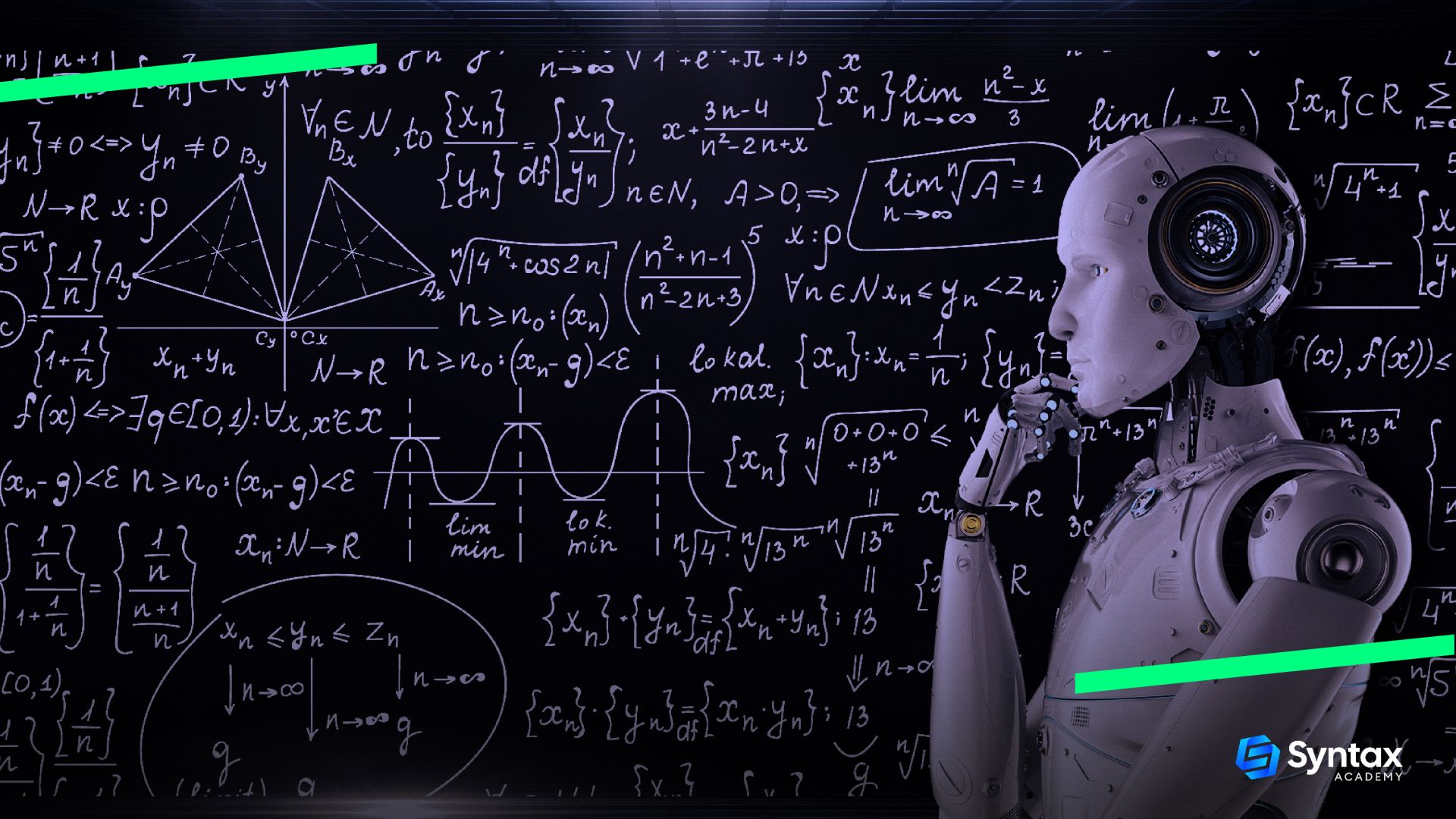
AI & ML
How Machine Learning is Transforming Business Decision-Making
By: Martha James
Ever wonder how companies like Netflix know what you want to watch next or how Amazon predicts what you’ll buy? That’s the power of Machine Learning (ML) in action, quietly transforming how businesses make decisions behind the scenes. In today’s hyper-competitive world, companies aren’t just relying on gut feelings anymore—they’re using data-driven insights to make smarter, faster decisions. And Machine Learning is leading the charge.In this blog, we’ll explore how ML is revolutionizing business decision-making, from improving accuracy and predicting trends to cutting costs and enhancing customer experiences.
Read More
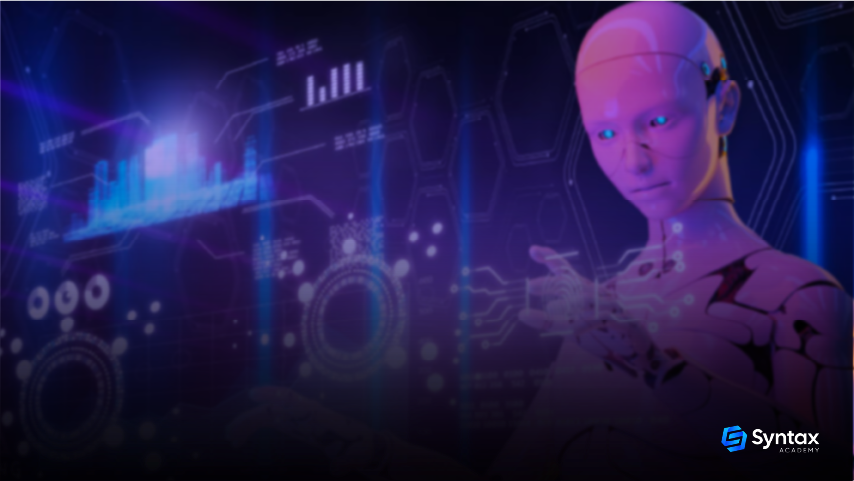
Tech
Tech Careers of the Future: Emerging Roles in a Rapidly Evolving
By: Martha James
Imagine looking at job listings today and realizing that half of them didn’t even exist a decade ago. That’s how fast the tech industry is moving. Roles that were once considered futuristic are now in high demand, with impressive salaries and endless opportunities for growth.In this blog, we’ll dive into some of the most in-demand tech careers of 2024—from Cloud Architects to Cyber Security Engineers. You’ll learn what these jobs involve, the skills you’ll need to land them, and why they’re shaping the future of the industry.
Read More
Professionals from Industry Pioneers Choose
Syntax Academy for Skill Mastery
